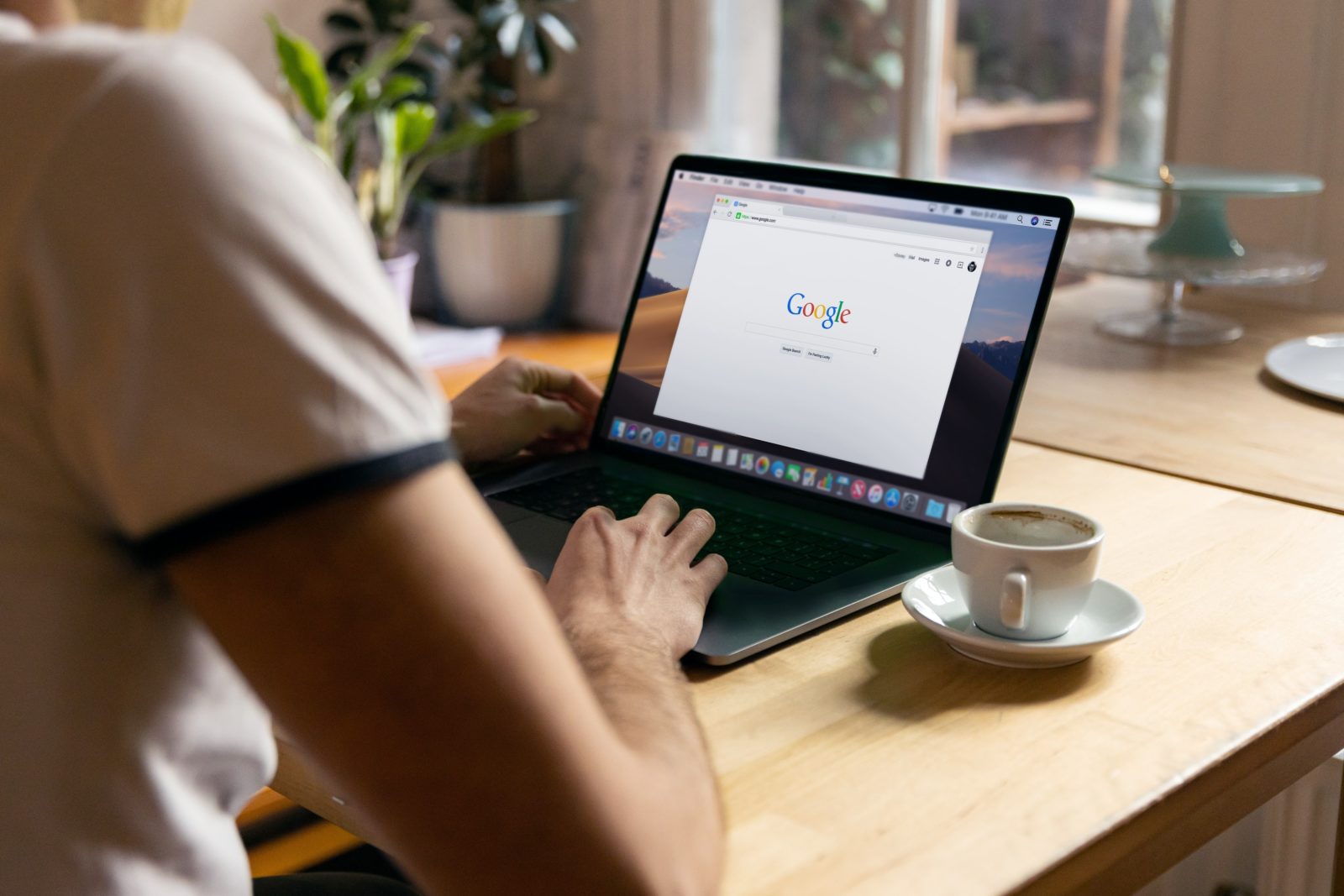Organisations can be targeted by traditional or social media campaigns. The hurt and damage to reputation can be challenging. While tempting to set the record straight, pursuing a defamation action can be tricky, risky and costly. Until now, particularly where the defamer is unlikely to be able to meet any damages award, global search engines like Google have presented as an easier target to hit.
However, in Google LLC v Defteros [2022] HCA 27, the High Court curtailed that option, albeit not slamming it shut. Perhaps the main takeaway for non-media organisations is that, sometimes, walking away from the fight might not be such a bad option.
Background
In 2004, The Age published an article covering Mr Defteros’ arrest for conspiring to murder underworld figures, including Carl Williams. The charges were dropped in 2005. Defteros did not sue The Age and the story was removed from their website in December 2016.
In 2020, the Supreme Court of Victoria found that Google had defamed Mr Defteros by generating a link to the story and “publishing” snippets of the article and the full article. Importantly, it ignored Google’s argument that a hyperlink ‘only communicates that something exists or where it exists’ and found that Google was a publisher of the content when users search “George Defteros” and proceed to click on the link to the article i.e. the search results were essential in communicating the defamatory information to users.
Appeal
A majority in the High Court agreed with Google that a hyperlink serves to facilitate access to an article and does not indicate active participation. Justices Kiefel and Gleeson considered there to be no connection between the creation of the article and the ‘provision of the search result’. Google was considered to be more of a ‘reference provider’ than a publisher. As there was ‘no publication’, the High Court did not need to consider the substance of the defences raised by Google.
Interestingly, the Court said it was important that the search result in question was not a “sponsored” link. The case might have been decided differently if there was enticement or encouragement from Google for users to click on the link.
Takeaways
- Google (and search engines) are no longer such an obvious target for defamation actions and righting reputational wrongs caused by other parties.
- The 5-2 decision favouring Google does not completely shut the door for future cases involving search engines and defamation. The Court has alluded to potential differences when dealing with ‘sponsored links’ – it is not hard to think of a situation where a search engine may not be considered a passive conduit of information.
- This remains a complex and nuanced area, particularly when considered alongside Nationwide News Pty Limited v Voller; Australian News Channel Pty Ltd v Voller [2021] HCA 27 – where it was found media companies may be liable for defamatory comments of third parties on Facebook pages they control.
No doubt, there is more to play out.
~ with Sean Hollis, Graduate at Law


































